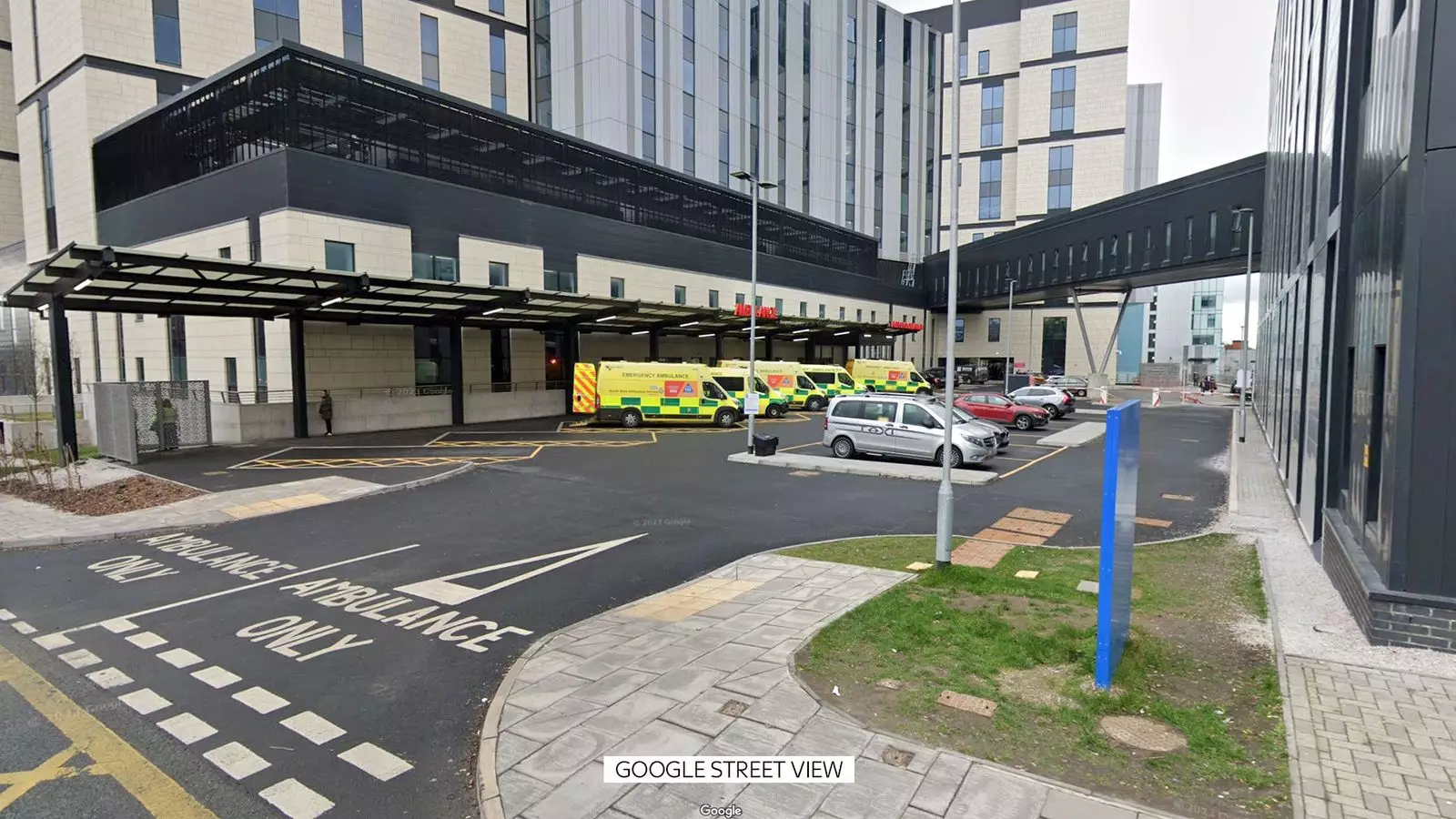The Royal Liverpool University Hospital recently declared a critical incident, signaling the acute pressure the facility is under due to an unprecedented influx of patients. With a sharp rise in cases of flu and other respiratory diseases, the hospital has reported a considerable demand on its Accident & Emergency (A&E) services. This urgent situation is not isolated; it represents a broader trend across hospitals in England grappling with similar pressures due to seasonal illnesses.
As flu cases have surged, NHS data indicates that hospitalizations related to the virus have increased fourfold compared to the previous month, a fact that raises alarms regarding public health and the resilience of our healthcare system. The critical incident status indicates that the hospital is operating beyond its standard capacity and is unable to maintain regular operations, which necessitates extraordinary measures.
In light of the overwhelming circumstances, the hospital administration has assured the public that a “comprehensive plan” is in place to manage the crisis effectively. By collaborating with partner organizations, they aim to facilitate the safe discharge of medically fit patients, thereby freeing up much-needed resources for more severely ill individuals. The leadership is committed to prioritizing those patients who present with the most urgent medical needs, which may create delays for others seeking non-emergency care.
The call for non-emergency patients to seek alternative care routes is critical. Available options include visiting local general practitioners, utilizing pharmacy services, or accessing walk-in centers. The 111 service has also been highlighted as a valuable resource, allowing individuals to receive proper guidance without overwhelming A&E departments.
The Royal Liverpool University Hospital is the largest hospital in the Merseyside and Cheshire regions, making this incident significant not only locally but also for the surrounding area. The declaration of a critical incident allows the hospital to pivot its resources and responses to better handle the surge while maintaining patient safety at the forefront of its operations. However, the implications of such a status can have cascading effects on healthcare services across the region.
Interestingly, the situation at Royal Liverpool echoes similar challenges faced by other health authorities, such as the NHS Cornwall and Isles of Scilly Integrated Care Board, which has reported a staggering increase in inpatients. The urgent messaging from these boards underscores the necessity for individuals to exercise caution—particularly those exhibiting flu-like symptoms, who are advised to refrain from unnecessary visits to emergency departments.
With warnings of a “quad-demic” comprising flu, norovirus, COVID-19, and RSV, the healthcare landscape is particularly precarious this winter. The NHS is actively combating these illnesses through vaccination campaigns targeting flu, COVID-19, and RSV. However, the success of these measures relies heavily on public participation and awareness.
This critical incident serves as a somber reminder of the challenges that healthcare providers face during the winter months, exacerbated by viral outbreaks. As the situation unfolds, it remains imperative for the public to stay informed, utilize healthcare resources judiciously, and prioritize health and safety—for themselves and the community at large.

